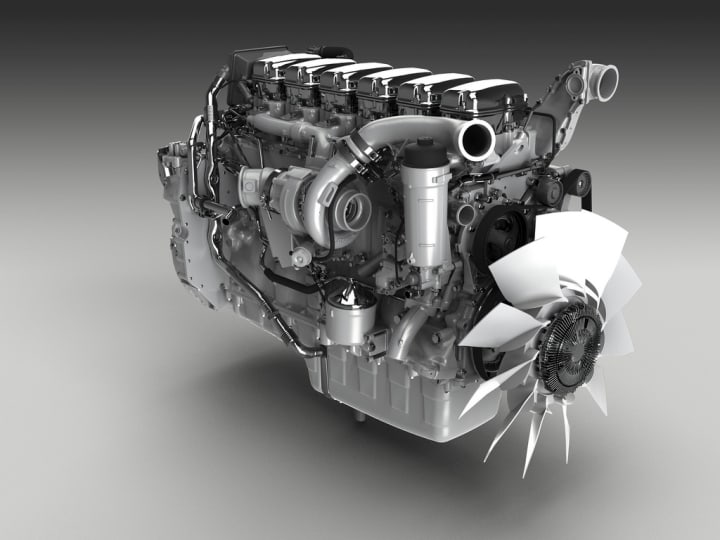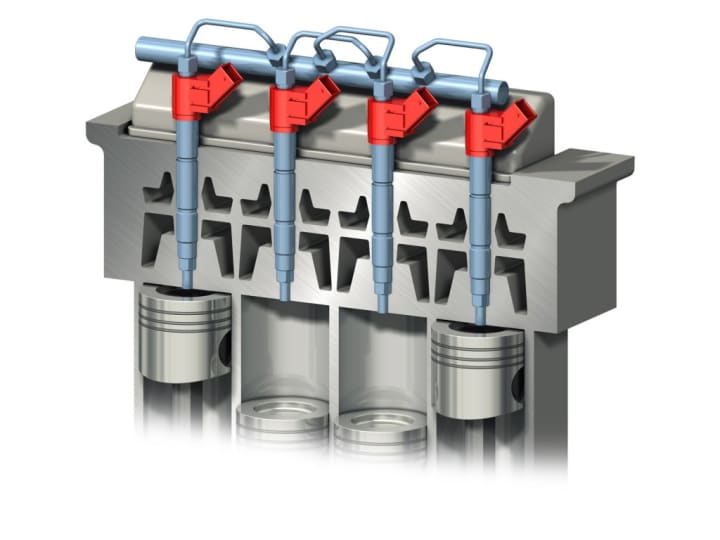Should You Buy a 4 Cylinder or 6 Cylinder Drive?
Cylinders matter - here's what to know before deciding what you drive off with.

Buying a car means that you will likely be inundated with all these different kinds of stats about the car you're considering buying. Even if you're not a gearhead, it's important to get a little bit of information about the car's motor before you buy it.
One of the most easily understood aspects of a car's motor is how many cylinders it will have - and the layout of the motor. Four cylinder cars have four cylinders, and these chambers are either placed as a "box" layout, or in a straight line. V-6 engines have six cylinders arranged in a V formation with three chambers on each side. There are also "straight six" motors, which feature all six cylinders in a straight line.
Layouts aside, what often matters more is the number of cylinders in a car. Here's what you should know before you make a decision about the car you drive away with...
Historically, four cylinder engines have had a lot more stigma attached to them - and that's why many car dealerships tend to push six cylinder engines instead.

Prior to the 1980s, most Americans would turn up their noses to a four cylinder engine because of the way that they were designed. In the older days, four cylinder engines came out as unbalanced, poor quality, and often more prone to problems.
It was actually the advent of efficient four cylinder cars by Japanese automakers that made most, if not all, of those problems disappear. As the engineering improved, the stigma began to drop.
Today, both four and six cylinder cars are able to deliver a smooth, even driving experience. Even so, most racecar makers tend to want six cylinders or more in their engines because of the higher performance.
The basic tradeoffs are very well known.

As a general rule of thumb, the more cylinders a car has, the less efficient it will be at providing power. So, four cylinders tend to be better options in terms of gas milage. They also tend to be easier to fix and maintain than six cylinder engines.
However, there is a tradeoff that comes with that better fuel economy and ease of maintenance that car enthusiasts aren't always happy about: four cylinders have less powerful engines. This means less acceleration power, and less horsepower.
If you're looking to use your vehicle for towing or other "heavy duty" things, a six cylinder engine may be a better option. However, for most commuters, four cylinders will be a more cost-effective choice.
That being said, the differences are continuing to get less and less noticeable.

Fuel economy differences between four and six cylinder engines are getting increasingly slim. In some cases, it's possible to get the same fuel economy from a six cylinder as you would a four cylinder engine. Because of this, it's best to take a look at all the specifications as a whole rather than just rely on the cylinder numbers.
About the Creator
James Lizowski
Spends his days making his own Star Wars figurines. His craft has driven him to look towards the future, drawing inspiration from past technological advances.







Comments
There are no comments for this story
Be the first to respond and start the conversation.